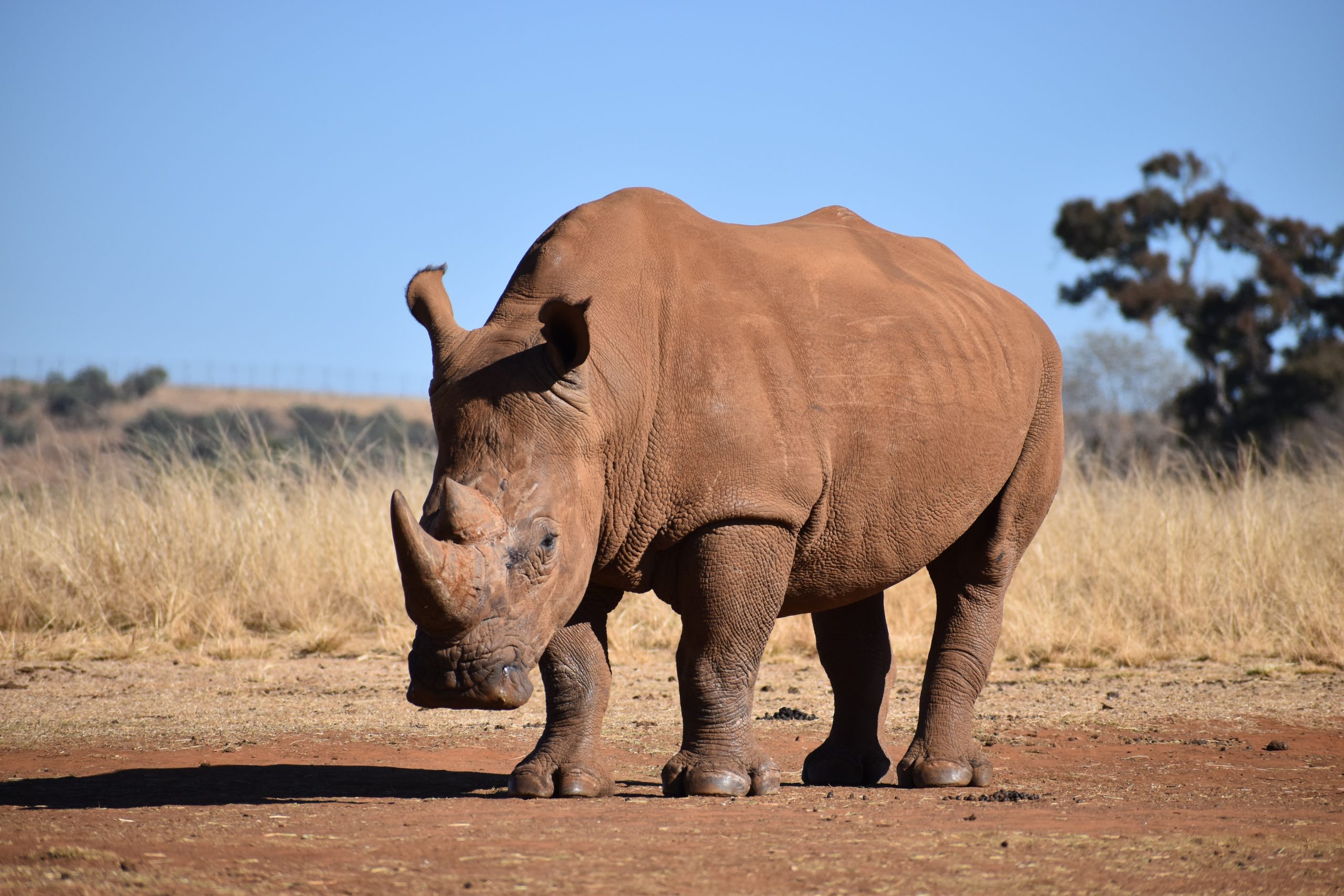Horses have been an integral part of human history for thousands of years. From transportation to war, agriculture to entertainment, these magnificent animals have played a significant role in shaping human civilization. Let’s take a closer look at the fascinating history of horses and their relationship with humans.
Domestication and Early Use
The domestication of horses is believed to have occurred around 4000 BC in the Eurasian steppes. Initially, horses were used for transportation, as they were faster and could carry heavier loads than other domesticated animals like donkeys and oxen. They were also used in agriculture, for plowing fields and hauling heavy loads.
Horses were soon utilized in warfare, where they were trained for combat and used to pull chariots. The ancient Greeks and Romans, for example, used horses extensively in their military campaigns, and the use of cavalry units was a defining feature of medieval warfare.
Horses in the Americas
Horses did not exist in the Americas until the arrival of European explorers in the 16th century. When the Spanish conquistadors arrived in what is now Mexico, they brought horses with them. The indigenous people were fascinated by these new animals and quickly learned to ride them.
Horses soon became an integral part of Native American culture, used for hunting, transportation, and warfare. The Comanche, in particular, were renowned for their horsemanship, and their use of horses gave them a significant advantage in battles with other tribes and against European settlers.
Horses in Modern Times
As technology advanced, the importance of horses in transportation and agriculture declined. However, their value as sport and entertainment animals increased. Horse racing, show jumping, and dressage are just a few examples of the many equestrian sports that have become popular in modern times.
Horses are also used extensively in therapy and rehabilitation programs. Equine-assisted therapy has been shown to be effective in treating a variety of mental health conditions, and working with horses can be an excellent way to build confidence and develop social skills.
The Future of Horses
Despite the decline in their practical use, horses continue to be an important part of our culture and economy. In the United States alone, the horse industry contributes over $50 billion annually to the economy, providing jobs and income for thousands of people.
However, there are also challenges facing the horse industry, including the welfare of horses and their environmental impact. Horse racing, in particular, has come under scrutiny in recent years due to concerns about the treatment of horses and the environmental impact of the sport.
Conclusion
From transportation to war, agriculture to entertainment, horses have been an integral part of human history for thousands of years. While their practical use may have declined in modern times, horses continue to be an important part of our culture and economy. As we look to the future, it will be important to find ways to balance the welfare of horses with their continued importance to human society.










